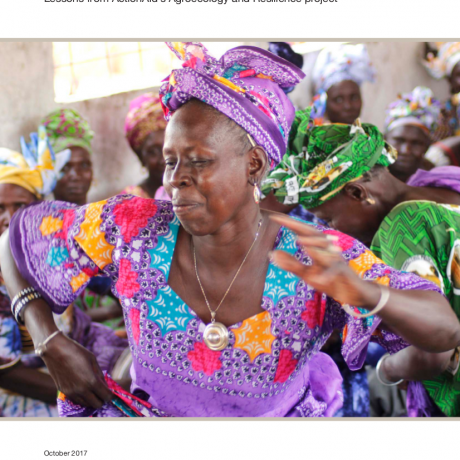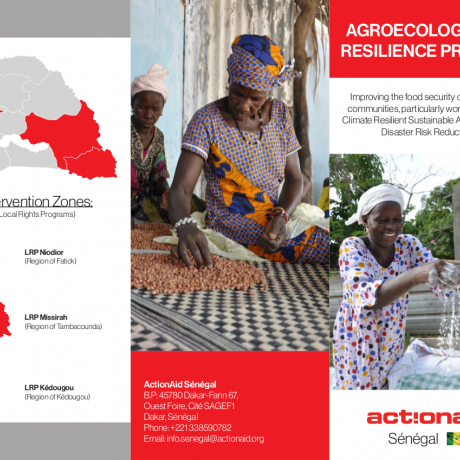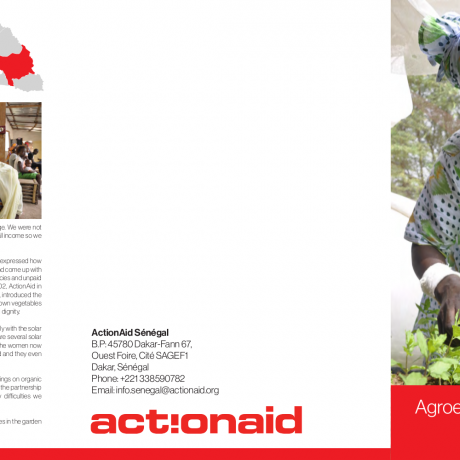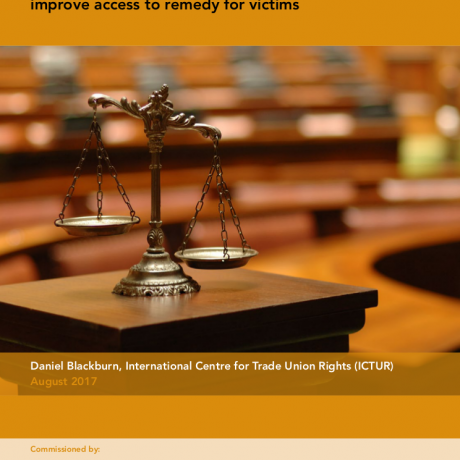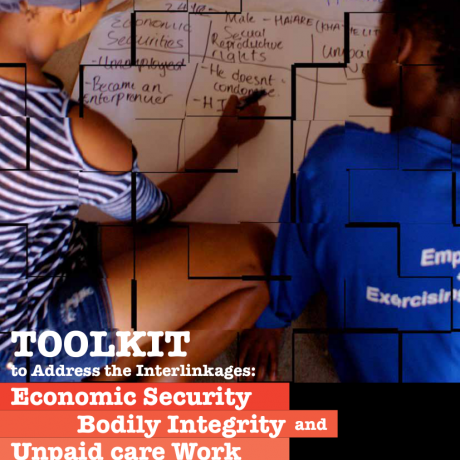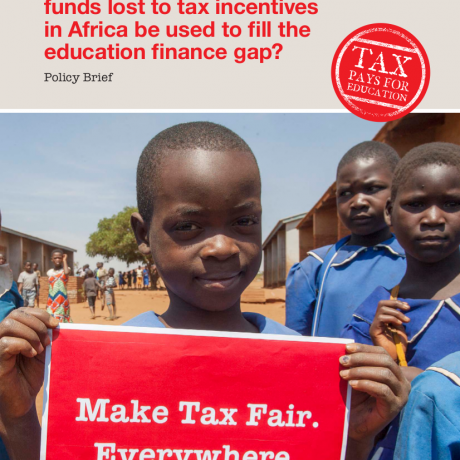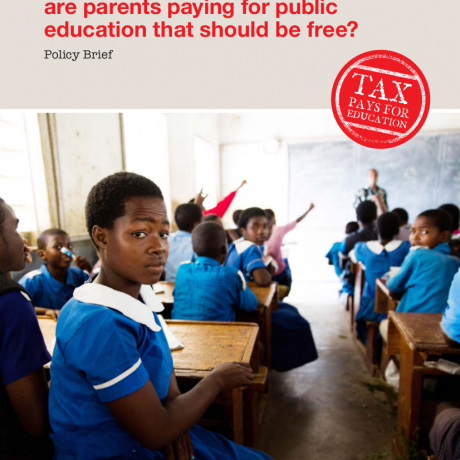Publications
Agroecology, Empowerment and Resilience
West Africa is highly vulnerable to the impact of climate change. This mid-term review of the Agroecology and Resilience project provides key lessons for projects seeking to build resilience to
Agroecology and Resilience Project Brochure (ActionAid Senegal)
[ibimage==38292==image_content_fullwidth==none==self==null==Improving%20the%20food%20security%20of%20vulnerable%20communities.%20Photo%3A%20Djiby%20Sow%2C%20ActionAid%20Senegal]
Agroecology and Resilience Project Stories of Change (ActionAid Senegal)
[ibimage==38293==image_content_fullwidth==none==self==null==Weather%20Information%20System%20Helps%20Avoid%20Farming%20Losses%20in%20Bakho.%20Photo%3A%20Jenna%20Farineau%2C%20ActionAid%20USA]
Removing Barriers to Justice
Access to justice for victims of business-related human rights violations is a widespread and growing problem around the world. Complaints of human rights abuses committed by multi-national businesses
The effects of privatisation on girls’ access to free, quality public education
Governments have a duty to ensure the right to free, public education of good quality for all. However, in many countries, the low quality of public education is driving parents to pay for private
Gender-Responsive Public Services and Young Urban Women’s Economic Empowerment: A report on research in Ghana and South Africa
In 2016 we worked with the Institute of Development Studies (IDS) based at the University of Sussex in the UK to conduct a research in Ghana and South Africa to examine the relationship between young
Toolkit to address the interlinkages: Economic Security, Bodily Integrity and Unpaid Care Work for Young Urban Women
In order to simplify the understanding of the inter-linkages between economic security, bodily integrity and unpaid care, the Young Urban Women project has now developed a toolkit which has built on
Tax, privatisation and the right to education
This report brings together participatory research carried out in Ghana, Kenya, Uganda and Pakistan as part of the Tax, Privatisation and Right to Education multi country project.
Missed Opportunity: how could funds lost to tax incentives in Africa be used to fill the education finance gap?
How much revenue do African governments lose from providing tax incentives, such as giving companies tax holidays and exemptions on paying taxes on import duties and value added tax? And if these
Out of Pocket: how much are parents paying for public education that should be free?
According to international human rights law, primary education should be free of charge, and secondary education should be made progressively free. Yet in many developing countries education is rarely
